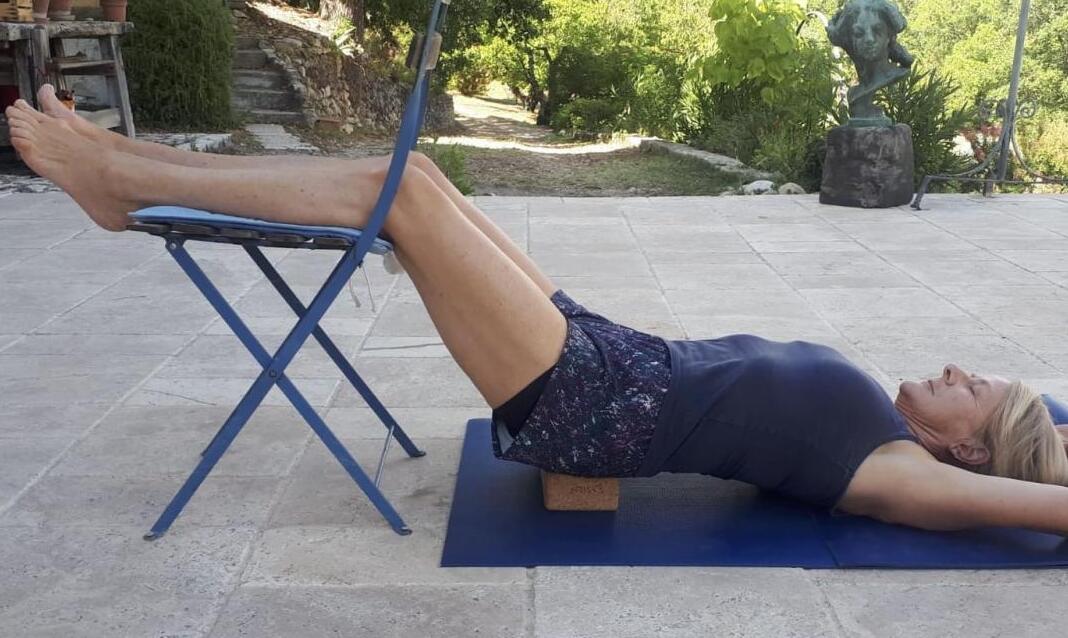Coming back from a long trip requires adjustment. I spent three November weeks in India, feeling quite lonely sometimes between the practices and lessons. They were not at all geared towards teacher training but more a matter of personal development at the Iyengar centre called Yog Ganga in northern India, in the state of Uttarakhand, in the foothills of the Himalayas.
When I came home my mind was like muddy water, but once the mud settled on the bottom I could see clearly what had developed and how I had profited from the weeks under the stern stewardship of the teachers, the Rajiv and Swati Chanchanni. The Yog Ganga course gave me a renewed sense of my private practice. I returned with a confidence in the meeting between me and my mat, a confidence which had been dried up with teaching and learning.
Before I left, I had lost the explorative aspect of the practice that I engage in on my own mat in the quiet “room of one’s own”, as Virginia Woolf talked about in her essay of 1929. Coming back from India I felt like I had sloughed my skin like a snake. Regaining the curiosity and inward gaze was a gift, and I’m happy for the shraddha, faith and belief in the chosen path, that made me diligently keep going, even when there was no real energy in my private practice.
I kept it up more as a matter of duty than childlike curiosity. I felt my teaching suffered as well, even teaching the youngsters at the refugee centre was not as joyous as before and the rapport with the students didn’t come naturally. But maybe I needn’t worry.
One of my students at the refugee centre for unaccompanied minors, Allaudin from Afghanistan, was a boy I knew at first as a nervous teen lacking profoundly in self-confidence. His body language was jittery and uncoordinated and he would cast an anxious look over the shoulder for peer acceptance during our first encounter in the yoga room.
It turns out, Alauddin had really taken to yoga through the classes. He explained to Diane, the psychologist at the centre, that the yoga practice had changed his life. I didn’t know this when I met him again after the holidays but noted with pleasure his proud and calm presence, and his strong warrior positions (Virabhadrasana I, II and III).
I appreciated his new focus (dharana) and that he wasn’t looking for laughs or other rewards from his friends. It turns out he had been practising in his room on a daily basis. Diane provided him with a mat for his room, and then he asked her to visit his room and experience the new calm that his practice had brought to it. Alauddin’s practice was like the polishing of the magic lamp of his namesake. I couldn’t ask for a greater reward as a teacher.
Namaste,
Emily
